Office of Admissions
Doug Tabbert, ’89
Assistant Director of Admissions: Transfer & International Student Engagement
We know the transfer process can be stressful.
Will your credits transfer? What about financial aid? We will answer these questions and put your mind at ease during this process. We want you to succeed and find your home at Baker.
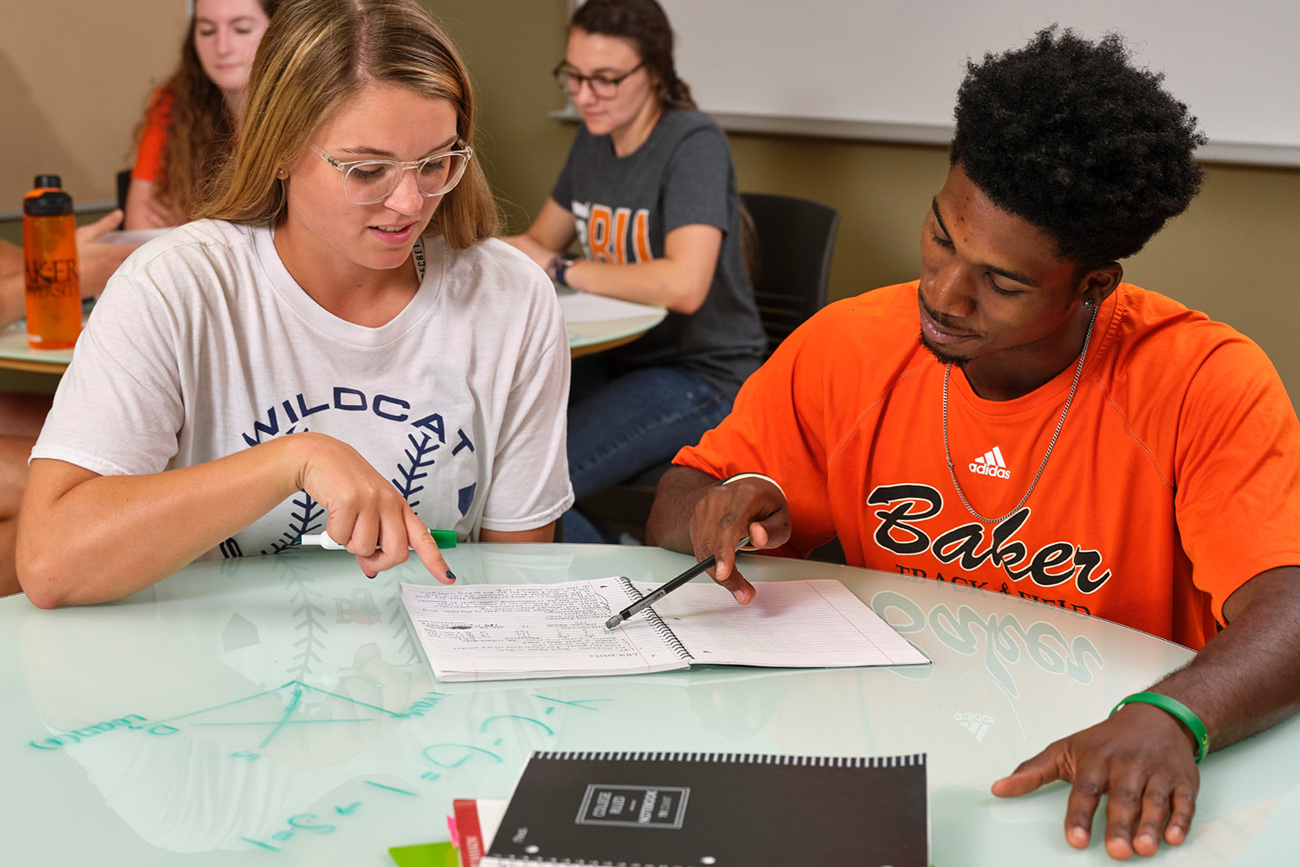
Daily Campus Visits
Virtual Visit
Focused Campus Visits
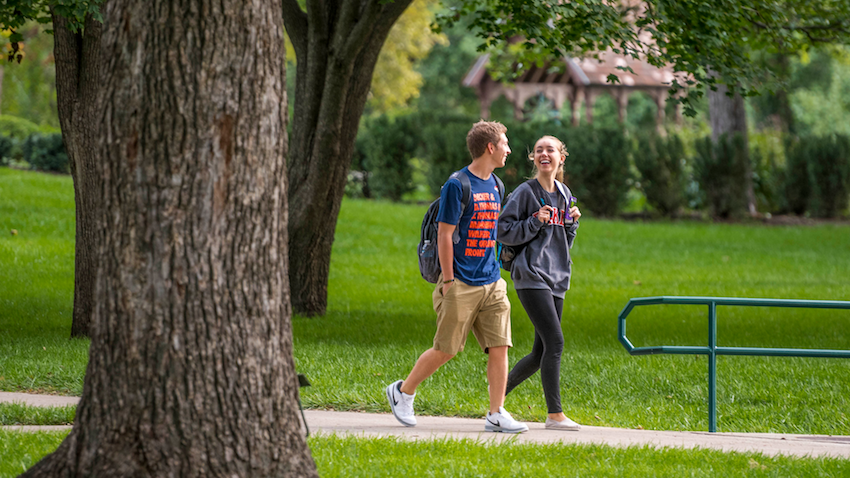
You Can Afford Baker
Nine of 10 Baker students receive financial aid. We offer these academic merit scholarships to transfer students.
Eligibility is based on your cumulative transfer GPA as determined by the Baker University registrar during the admission process. Note: these academic scholarships cannot be combined with an athletic GIA scholarship offer.
Additional Scholarship Options
| Scholarship/Award | Amount | Req. GPA | Renewal Cum. GPA |
| Honors Scholarship | $17,000 | 3.8-4.0 | 3.00 |
| Baker Scholar Scholarship | $16,000 | 3.3-3.79 | 2.75 |
| Academic Merit Scholarship | $15,000 | 2.6-3.29 | 2.50 |
| Wildcat Scholarship | $14,000 | 2.2-2.59 | 2.25 |
| Phi Theta Kappa | Additional $1,000 | Membership in PTK | — |
- Transfer students are also eligible to apply for talent-based awards in music, theatre, art, creative writing, and radio or newspaper.
- To be considered for need-based awards, students must submit a FAFSA. Baker’s FAFSA code is 001903.
How to Transfer to Baker
- Complete Baker’s admission application. There is no application fee.
- If you are ready for the last two years of the Bachelor of Science in Nursing program at the School of Nursing in Topeka, follow this admissions process.
- Submit transcripts from ALL colleges attended. This includes dual-credit courses as well as courses completed at any vocational, technical, two-year, or four-year institution.
- Unofficial copies may be used for the purposes of admission. They must show both your name and the college name. Submit unofficial copies to admission@bakerU.edu.
- Official copies should be sent to Baker University Office of Admissions, PO Box 65, Baldwin City, KS, 66006. Or, if your colleges use a third-party digital service like Parchment or National Student Clearinghouse, please have the transcript sent to our Office of the Registrar at incoming.transcripts@bakerU.edu.
- If you have not earned an associate degree, submit your official high school or GED transcript.
- Official copies should be sent to Baker University Office of Admissions, PO Box 65, Baldwin City, KS, 66006. Or, if your colleges or high school use a third-party digital service like Parchment or National Student Clearinghouse, please have the transcript sent to our Office of the Registrar at incoming.transcripts@bakerU.edu.
- Complete your FAFSA (if eligible) and apply for participation awards or additional Baker scholarships. Baker’s FAFSA code is 001903.
- Schedule an online or on-campus visit! Talk with your admissions counselor, visit with faculty, and get a feel for campus life.
Transfer Equivalency Guide
Baker University accepts credit from all regionally accredited U.S. institutions. BU also accepts military course credits evaluated by the American Council on Education, AP, and CLEP examination credits. Transfer of credit is subject to the following university-wide limitations:
- Transfer grade points are not included in the calculation of the Baker University GPA.
- Transfer courses in which a grade of C- or higher was earned are accepted for credit.
- Remedial courses do not transfer as degree credit.
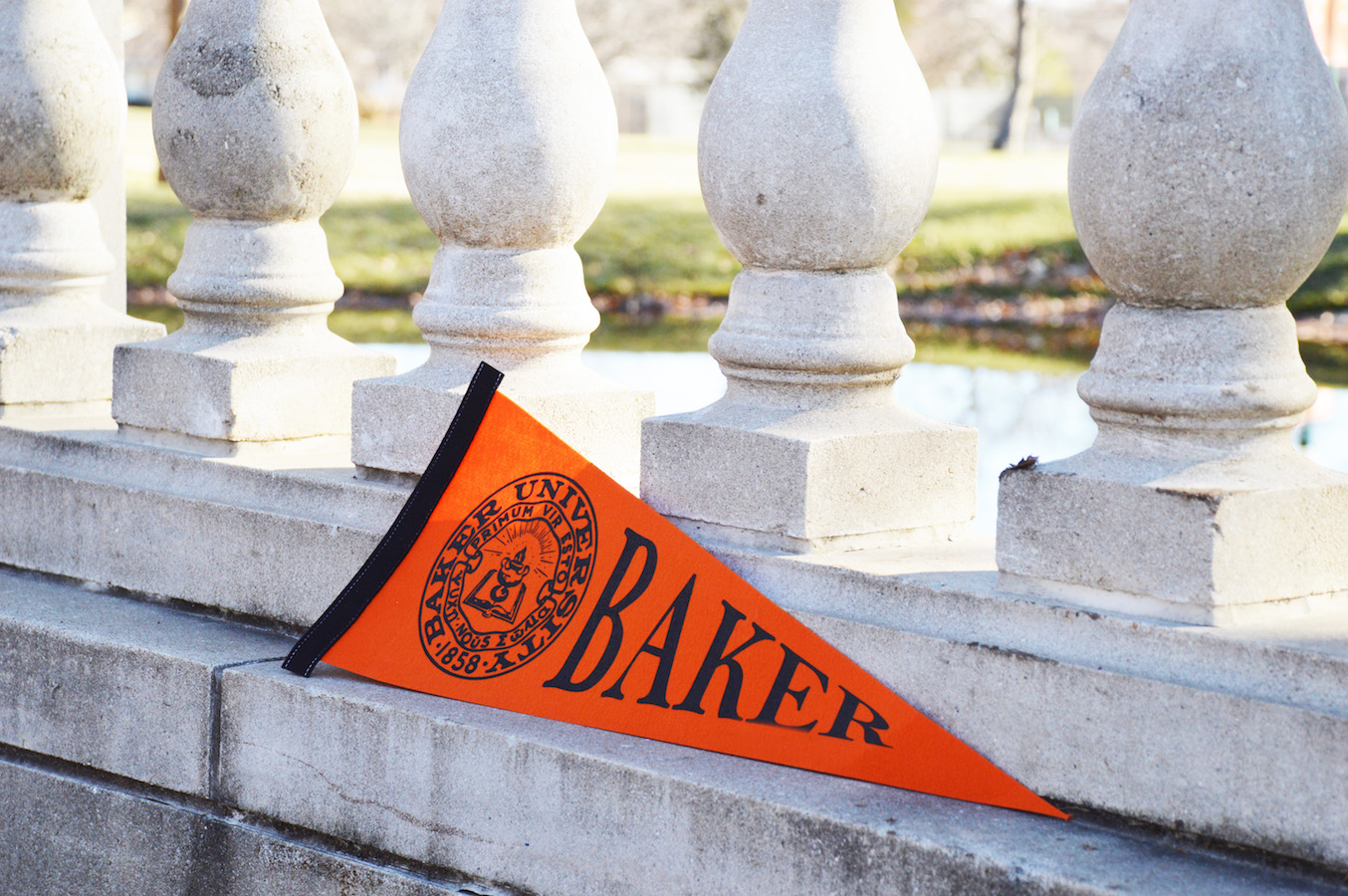
Transfer Your Credits
Transcripts must be submitted to the registrar’s office for evaluation. Official transcripts should be sent to Baker University Office of Admissions, PO Box 65, Baldwin City, KS, 66006. Or, if your colleges use a third-party digital service like Parchment or National Student Clearinghouse, please have the transcript sent to our Office of the Registrar at transcripts@bakerU.edu.
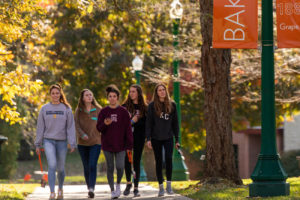
How Transfer Courses are Evaluated & Avenues for Appeal
Course equivalencies are determined according to course descriptions and content as listed in the catalog of the sending institution. Syllabi for some courses may be required in order to determine final equivalencies or general education credits.
The evaluation is performed by our registrar’s office, who consults with academic departments as needed.
If the student or sending institution disagrees with the course evaluation, a syllabus may be submitted for review, or a request to substitute the nonequivalent course for a Baker requirement may be made. The student’s academic department makes the decision on the substitution request.
Transfer Equivalency Guide for Prospective Baker Students
Baker University’s Transfer Equivalency Guide is intended to help prospective students determine how courses may transfer. This information is not a guarantee or a contract. This is not an official evaluation of your course work and should be used as a guide only. Course evaluations may change over time.
This is not a comprehensive list of courses. If you have taken a course which is not listed in the guide, it does not mean that the course will not transfer; it just means that the course has not previously been evaluated for transfer or may transfer as elective credit.
Courses transferred from four-year institutions will be designated as upper- or lower-division according to the original institution’s course numbering system. Courses from two-year institutions will be designated as lower-division courses. Remedial courses do not transfer as degree credit.
Coursework that has no direct equivalent is coded as elective credit and will appear as 1++ or 3++.
Articulation Agreements
Transfer Credits From a Partner School
Baker University has articulation agreements with community colleges across Kansas, Missouri, and Oklahoma. These agreements provide a plan for transferring your credit hours to Baker and outline the admissions process. It is not necessary to attend a partner institution in order to apply and be admitted as a transfer student to Baker.
What an Articulation Agreement Means for You
If you earn an associate degree with a cumulative transfer GPA of 2.5 or higher, you are guaranteed admission to Baker University.
If your cumulative GPA is 2.6 or higher, you will qualify for an academic merit scholarship.
Baker guarantees the acceptance of all associate credits so long as the courses earned grades of C- or higher and are academic level.
Credit is also granted for CLEP, AP, IB, and military course work. Contact your admissions representative for more details.
Partner Colleges
Johnson County Community College
Kansas City Kansas Community College
Metropolitan Community College
Neosho County Community College
Northwest Arkansas Community College
Ozarks Technical Community College
Seward County Community College
If you don’t see your school listed, please contact Ramie Nation at ramie.nation@bakerU.edu.
